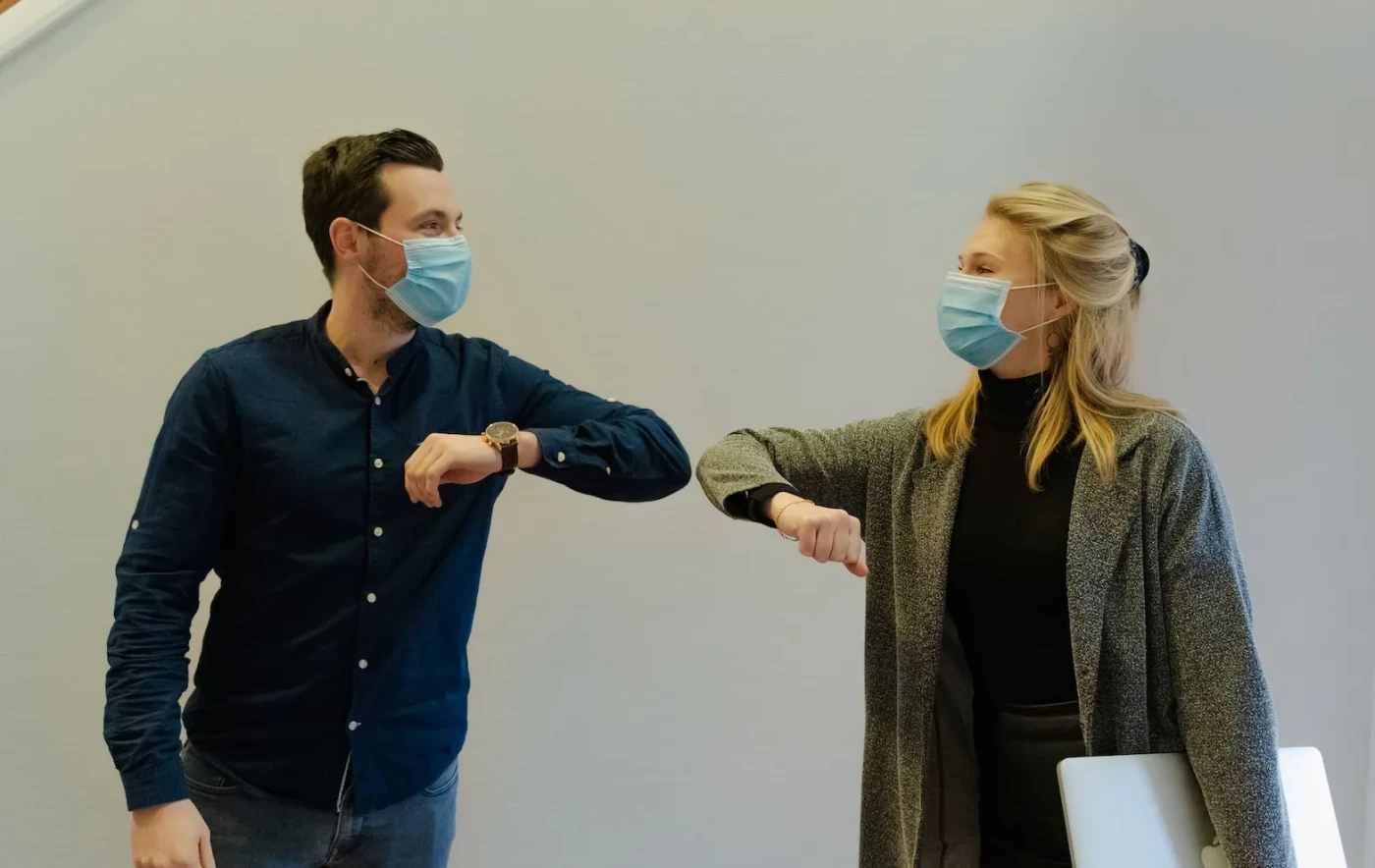Long Covid patients particularly affected
A healthy person has around 100,000 hairs on their head. How long this remains the case is determined primarily by genetic and hormonal factors, but also by environmental conditions, age and infections. For example, some people experience massive hair loss a few months after a Covid-19 infection. However, this is usually reversible.

A hair naturally reaches an age of two to six years. As part of the regeneration process, the skin sheds around 60-100 hairs per day, or even up to 200 under unfavorable conditions. Hair loss only occurs above this level. According to current knowledge, in addition to the common genetic and hormonal variants, this can also be due to unusual stresses such as pregnancy, childbirth, extreme diets, major operations, accidents or massive stress - or to feverish infections such as flu or Covid-19.
For example, sufferers often find that their hair falls out in clumps a few months after recovering from Covid-19. This is particularly common in the context of long Covid symptoms, which are characterized by long-term symptoms such as fatigue, impaired performance, shortness of breath, psychological problems or impaired organ function. Similar findings were also confirmed in a study published in January 2021 by the journal The Lancet. According to the study, 22% of virus patients in a Chinese hospital reported hair loss months later. However, not only the presence of an infection itself, but also emotional stress caused by infections, fear-inducing media reports or social distancing are linked to hair loss.
Viral infections place a heavy burden on the body. It has to concentrate all available energy on defending against pathogens and healing processes. As a result, the hair can be disconnected from the blood supply and switch from the growth phase to the shedding phase (telogen phase). This is known as telogen effluvium, in which more hair than usual enters this state. However, they remain in their increasingly loosening anchorage for up to six months. As a result, the result - the extent of which depends on the severity of the disease - usually only becomes apparent well after the actual Covid disease: according to study author and dermatologist Alexis Young, hair loss typically begins a few weeks to three months after infection and lasts for six to nine months, although this can vary greatly from person to person. Some patients also complain of trichodynia. This involves discomfort in the scalp area, also known as burning scalp syndrome. In both cases, sufferers are understandably alarmed. The hair loss occurs "due to overactive inflammation in the body", says Young. "The inflammation can cause a shift in the hair cycle."
The good news is that the hair follicles usually remain intact so that the hair grows back. This means that Covid-related hair loss, like all telogen effluvium, is basically reversible. This is why giving those affected the all-clear and educating them is an important contribution - in contrast to medication. According to dermatologists, these only make sense if the infection-related hair loss lasts longer than four to six months.
However, the hair may still appear thin for a longer period of time. This is due to its growth of only about one centimeter per month. Shoulder-length hair can take up to two years or longer to regain its former fullness.
Any measure that supports the hair in its natural growth can be taken here. Above all, substances that nourish the hair root can accelerate regeneration. Thymus peptides (thymuskin), for example, have proven effective here.
Hair loss all over the head
This is an increased hair loss in the area of the entire hairy head.
We now know that even hair and scalp are sensitive to too much pressure and worry.